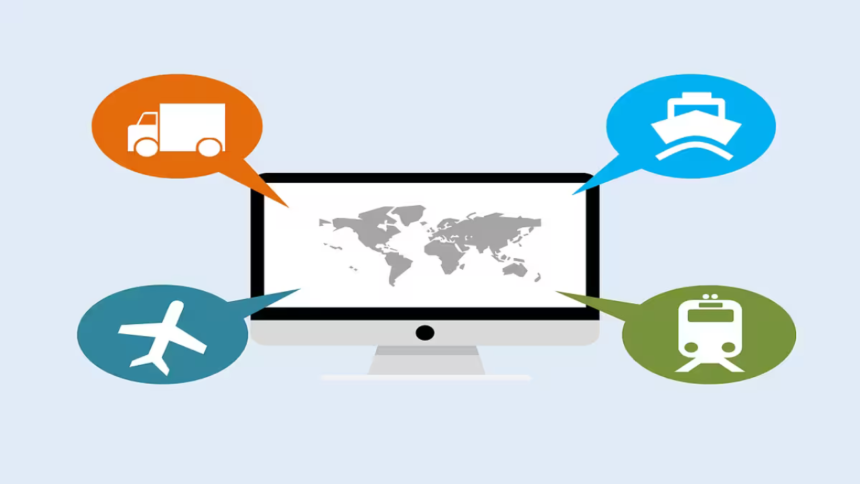The rapid growth of e-commerce in recent years has presented a multitude of opportunities for MSMEs (Micro, Small, and Medium Enterprises) in India. However, one of the significant challenges faced by these businesses is ensuring smooth and efficient last-mile delivery to customers. In this article, we will explore the importance of last-mile delivery, the challenges MSMEs encounter, and the innovative e-commerce logistics solutions that are streamlining this critical aspect of the supply chain.
The Significance of Last-Mile Delivery:
Last-mile delivery refers to the final leg of the supply chain, where products are transported from the distribution center to the customer’s doorstep. It is a critical component of the e-commerce process, as it directly impacts customer satisfaction and loyalty. Timely and efficient last-mile delivery can lead to increased customer retention and positive brand perception.
Challenges Faced by MSMEs in Last-Mile Delivery:
High Costs: MSMEs often struggle with the high costs associated with last-mile delivery, which can eat into their profit margins.
Infrastructure Limitations: Inadequate infrastructure, especially in remote areas, can pose challenges in reaching customers on time.
Resource Constraints: MSMEs may not have the necessary resources and technology to optimize last-mile delivery processes.
Customer Expectations: Customers have become increasingly demanding, expecting faster and more convenient delivery options.
Returns Management: Handling returns can be complex and time-consuming for MSMEs, impacting their operational efficiency.
Innovative E-commerce Logistics Solutions:
Delivery Optimization Software: Advanced software solutions use algorithms to optimize delivery routes, reducing transportation costs and improving delivery efficiency.
Collaborative Delivery Models: MSMEs can collaborate with other businesses or utilize crowdsourcing to share delivery resources and costs.
Smart Lockers and Pickup Points: Setting up smart lockers and pickup points in strategic locations allows customers to collect their orders at their convenience.
Drones and Robotics: Emerging technologies like drones and robotics are being explored for last-mile delivery, offering faster and more cost-effective options.
Real-time Tracking and Communication: Providing customers with real-time tracking updates and open communication channels enhances transparency and customer satisfaction.
Data-driven Impact:
According to a report by Statista, e-commerce sales in India are projected to reach US$108.4 billion by 2025, creating immense growth opportunities for MSMEs.
Improved last-mile delivery can lead to a reduction in return rates, saving costs for MSMEs and enhancing customer trust.
Studies have shown that a significant percentage of customers are willing to pay extra for same-day or faster delivery, making efficient last-mile solutions a competitive advantage.
Addressing Environmental Concerns:
Sustainable last-mile delivery practices, such as electric vehicles and eco-friendly packaging, can help MSMEs contribute to environmental conservation.
Green logistics initiatives not only appeal to environmentally-conscious consumers but also align with global sustainability goals.
Regulatory Support and Incentives:
Governments can provide MSMEs with regulatory support and incentives to adopt green last-mile delivery practices.
Policy reforms that promote the growth of logistics start-ups can foster innovation and cost-effective solutions for MSMEs.
Efficient last-mile delivery is a critical aspect of e-commerce logistics for MSMEs. As the e-commerce landscape continues to evolve, MSMEs must leverage innovative solutions to streamline their last-mile operations. By embracing technology, collaborating with partners, and adopting sustainable practices, MSMEs can enhance their competitiveness and deliver exceptional customer experiences. As the e-commerce market in India continues to grow, a focus on optimizing last-mile delivery will undoubtedly play a vital role in the success of MSMEs in the digital age.

